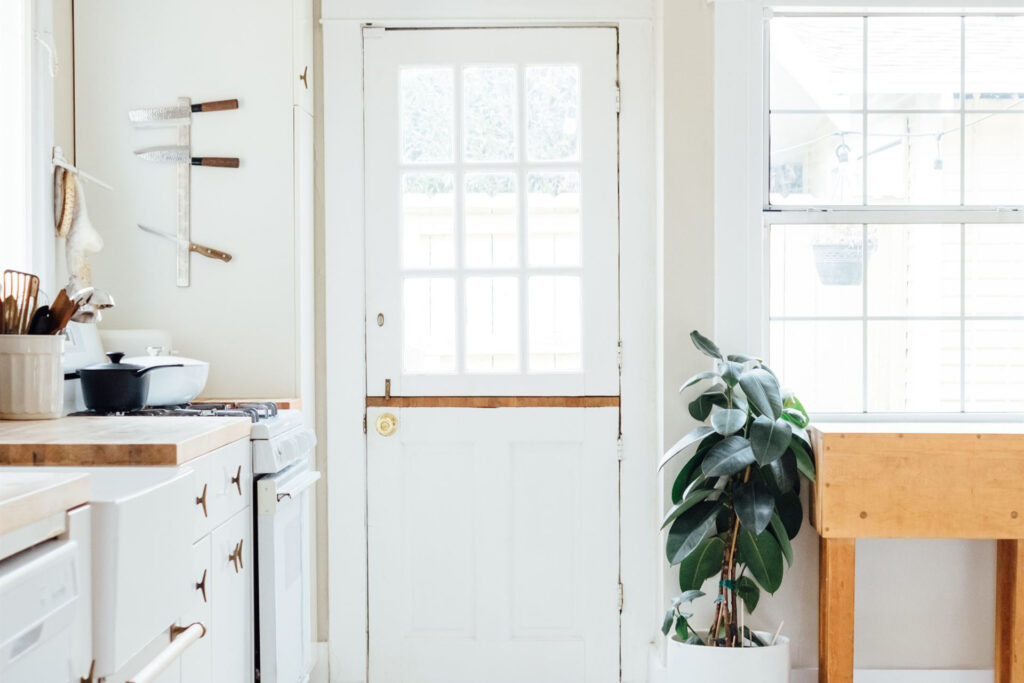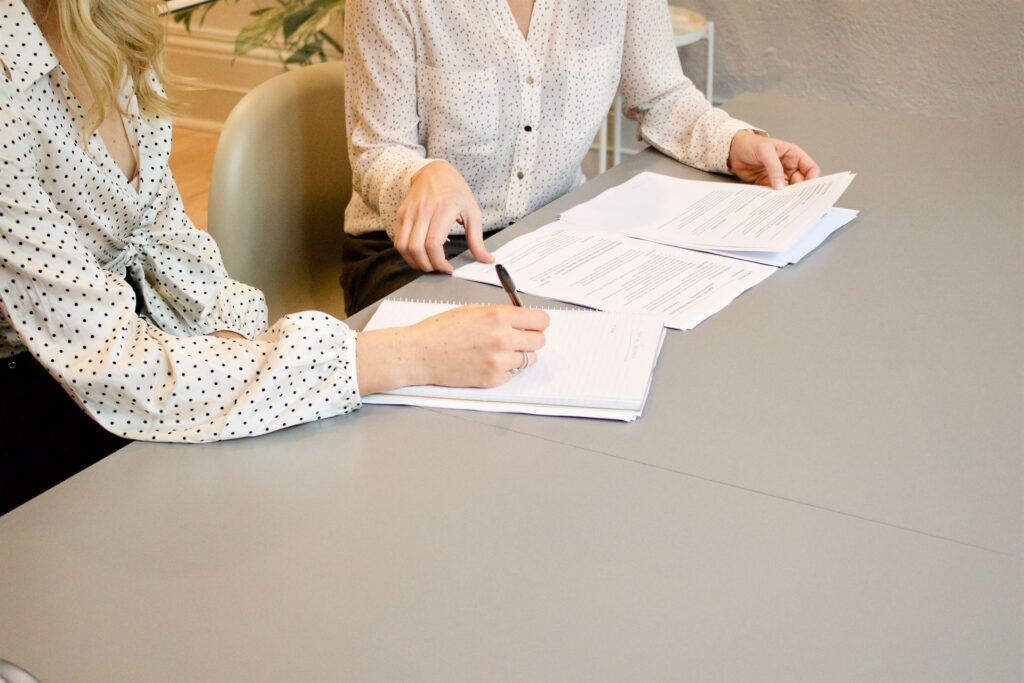When it comes to buying a home, the purchase price is just the beginning. It’s crucial to understand the full range of expenses involved in the home-buying process before you make an offer.
Being aware of these costs can help you make an informed decision about what you’re comfortable spending, ensure that you have enough funds available for unexpected expenses, and prevent any last-minute financial surprises. If you work with me, I will give you a closing cost estimate specific to your situation.
Let’s break down the key expenses you should plan for before, during, and after your purchase completes.
1. Pre-Purchase Costs
- Home Inspection
A home inspection is essential to uncover any hidden issues with the property. While not mandatory, this step can save you from costly repairs down the road. Budget around $300 to $600 for a thorough inspection. - Mortgage Appraisal
Lenders often require an appraisal to determine the property’s value and ensure the loan amount is justified. This cost typically ranges from $300 to $600 depending on the area. - Deposit
When you make an offer, you’ll need to provide a deposit, which is usually 5-10% of the purchase price. This amount is part of your down payment but needs to be readily available when your offer is accepted.
2. Closing Costs
- Legal Fees
Hiring a lawyer or notary to handle the legal aspects of your purchase is necessary. Legal fees in typically range from $1,500 to $2,500, depending on the complexity of the transaction. - Property Transfer Tax (PTT)
Depending on which province the property is in, you may have to pay Property Transfer Tax. This tax can be one of the most significant closing costs. In BC, the PTT is 1% on the first $200,000 of the purchase price, 2% on the portion from $200,001 to $2 million, and 3% on the portion over $2 million. There’s also an additional 2% on the portion of the fair market value over $3 million. First-time homebuyers may be eligible for exemptions or reductions. You can find out if you qualify for an exemption in BC here: BC Property Transfer Tax Exemptions - GST (Goods and Services Tax)
If you’re purchasing a brand-new home, GST of 5% may apply. However, some rebates are available depending on the property’s price and your eligibility. - Title Insurance
Title insurance protects you and the lender against potential issues with the property’s title, such as unpaid taxes or legal disputes. This cost is usually around $200 to $400. All lenders require this. Your lawyer will look after purchasing this insurance for you. - Adjustments
Adjustments are payments to cover any prepaid expenses by the seller, such as property taxes, utilities, or strata fees. These costs vary depending on the property and its location. - Home Insurance
Home insurance is mandatory if you’re financing your home with a mortgage. Costs vary widely but expect to pay between $800 to $1,500 per year, depending on the coverage and location. If you are buying a condo, the strata will have a policy for the building. You should consider contents insurance though.
3. Post-Purchase Costs
- Moving Costs
- Utility connections
- New locks
Conclusion
Understanding the full cost of buying a home in will help you make informed decisions, avoid last-minute financial stress, and ensure you’re truly prepared for homeownership. By budgeting for these expenses in advance, you can move forward with confidence and enjoy the excitement of purchasing your new home.
If you have any questions or need guidance throughout the process, feel free to reach out. As your trusted mortgage broker, I’m here to help you navigate every step of your home-buying journey.

Hi, I’m Jill, your mortgage pro. I am here to make the world of mortgages less confusing so you can feel confident in your financial decisions. Through my blog, I aim to provide you with the knowledge and guidance you need to make informed decisions. Your financial peace of mind is my top priority.




